Agraphobia: – A Fear of Sexual Abuse
Agraphobia (Contreltophobia): A Fear of Sexual Abuse
Agraphobia (Contreltophobia). More prevalent in women than in men is defined as a rational fear of sexual abuse.
It is a rational fear because in a male-dominated society it is rational for a woman with a history of previous sexual abuse to fear being abused again if she finds herself alone in the company of a man or a group of men.
Origins of the Word Agraphobia
The word agraphobia has its origins in the Greek words for:-
- Agra means something caught or trapped and
- Phobos means fear or having an aversion to.
There is a marked difference between fear and phobia
Fear can be both Rational and Irrational
Fear has evolved as our front-line natural defense mechanism.
It occurs when your natural “fight or flight” response kicks in and alerts your mind of potential danger in a given situation.
Fear can create both a rational and irrational response.
Rational Fear
You are a woman with a history of previous sexual abuse. You are waiting for the elevator in a multi-story building. The elevator stops for you. There is only one man in the elevator, he invites you to join him.
You refuse. Not knowing your history he takes your refusal as a personal insult and an unpleasant situation is created which embarrasses you.
Not wishing to lose your temper and suffer another panic attack you apply the anger management techniques you have learned and walk away from the situation searching in your bag for your panic disorder medication. (see our blog on anger management to learn more about controlling your temper.)
Taking all the risk factors into account, it is perfectly normal or rational for you, as an adult woman with a history of sexual abuse to refuse to join him in the elevator and you would be diagnosed and treated for Agraphobia also known as Contreltophobia.
An Irrational Fear

The same scenario except for this time as the woman waiting for the elevator you have no history of any previous abuse.Given the same risk factors. Refusing to join the man in the elevator because you fear you will be sexually abused in an elevator where people are constantly getting in and out is irrational.
You would be diagnosed as having either an anxiety disorder or several anxiety disorders that trigger your anxiety or specific fears.
Rather than being treated for agraphobia you would be treated by a national institute under the auspices of the American psychiatric association with meditation therapy or mindfulness-based stress reduction therapy centered around your anxiety disorders.
Agraphobia aka Contreltophobia
Agraphobia is a severe anxiety disorder or mental health disorder specific to an intense fear of sexual abuse that manifests mainly in women who have no history of any previous abuse.
This is an irrational fear, not a phobia.
This irrational fear becomes Agraphobia or Contreltophobia when a person who has a history of sexual abuse lives their daily lives constantly taking precautions and actions to avoid situations where the risk factors, as perceived by them, warn them of the possibility of being sexually abused again.
People with agraphobia or contreltophobia as the professional fraternity prefers to call it, live in constant fear of rape, or intimacy in every way, shape, or form and will adjust their lives accordingly.
The stress a phobic goes through in avoiding everyday situations where rape or abuse might occur adds anxiety to this illogical fear that will eventually impact their mental health disorders or other phobias culminating in unwarranted panic attacks.
Prevalence of Agraphobia?
As adults we have the capacity to identify and avoid potentially abusive situations, therefore agraphobia is more prevalent among children and teenagers who do not have that same capacity.
In most cases, adults with agraphobia have mentally carried over a sexually traumatic event from their childhood or teenage years.
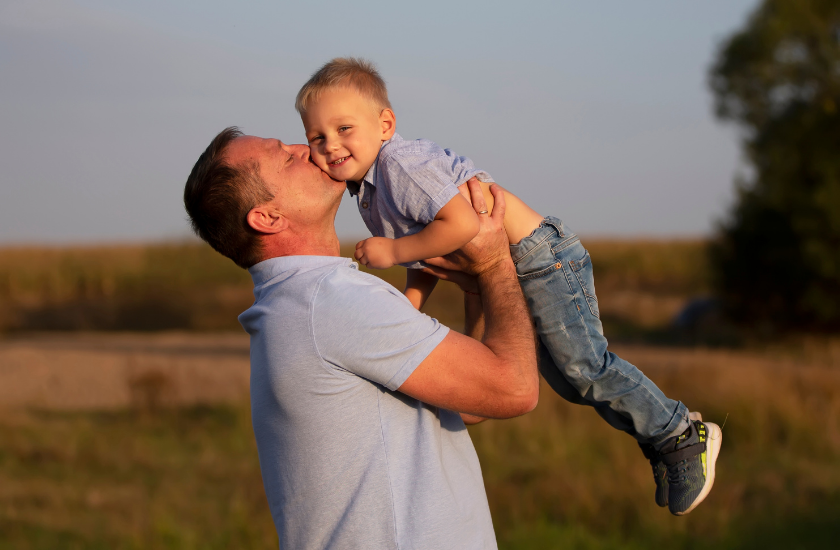
Causes of Agraphobia
The childhood or teenager related causes of agraphobia range from but are not limited to
- Unnecessary hand-holding by an adult.
- Being forced to sit on an adult’s lap when not wanting to.
- Sharing a bath or shower with an adult when not wanting to.
- Accidental touching of body parts through clothing by an adult.
- Unwarranted lip kissing by an adult.
- Unwarranted hugging by an adult.
- Witnessing incidences of sexual abuse
Genes or Heredity
Both these are known to cause agraphobia.
For unexplained medical or psychiatric reasons, some of us are more inclined toward mental disorders, anxiety attacks, or even more severe panic attacks than others.
When pushed to explain the reasons for repeated panic attacks, anxiety disorders, or behaving in a way that others do not understand, an adult phobic will dismiss his or her behavior by saying,
“I don’t know why I did that. It very possibly has something to do with my genes and my family history or heredity.”
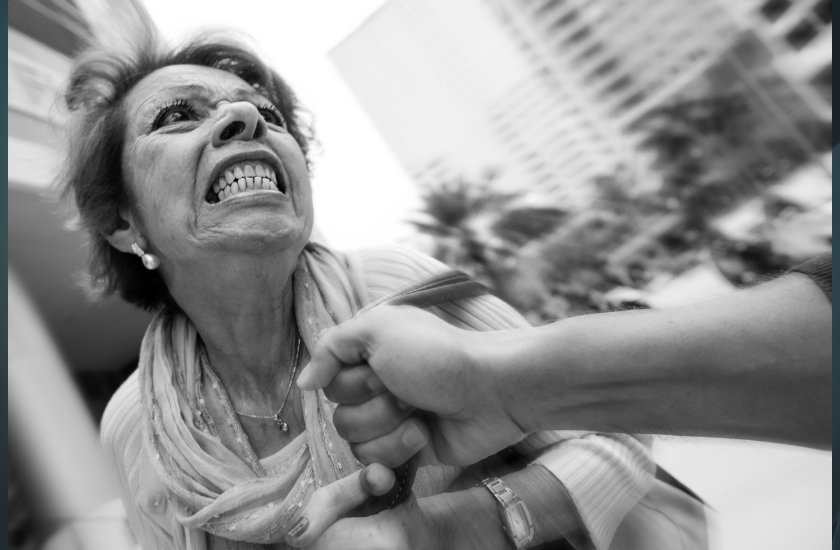
Mental Health and Anxiety Disorder – a Double-Edged Sword of Concern
The symptoms of a panic attack can be very embarrassing for people suffering from agraphopia A phobic will take extreme measures in his or her daily life to avoid any embarrassing situations.
This extreme behavior causes those emotionally close to them to be concerned about the state of the phobic’s mental health.
This concern is a double-edged sword.
On the one hand, friends and family will push those showing signs of agraphobia to seek professional help to treat their anxiety disorders and mental health issues.
On the other, this pressure to seek professional help inadvertently makes those with agraphobia and mental health issues more determined than ever not to be embarrassed again.
Here the phobic is mistakingly thinking along the lines of ‘if I can avoid getting embarrassed again they won’t tell me I need professional help ‘
One way of achieving this is for the phobics to withdraw from what their non-phobic family and friends consider normal everyday type situations or activities.
In doing this, the phobic believes they would avoid the possibility of being subjected to embarrassing anxiety disorders, panic attacks, or stressful life events.
Unintentionally this irrational behavior on the part of the phobic motivates family and friends to push harder for them to get professional help to deal with their mental health conditions.
Stress
Stress very easily develops into one of many other phobias, of which agraphobia is one.
Movies and the Media
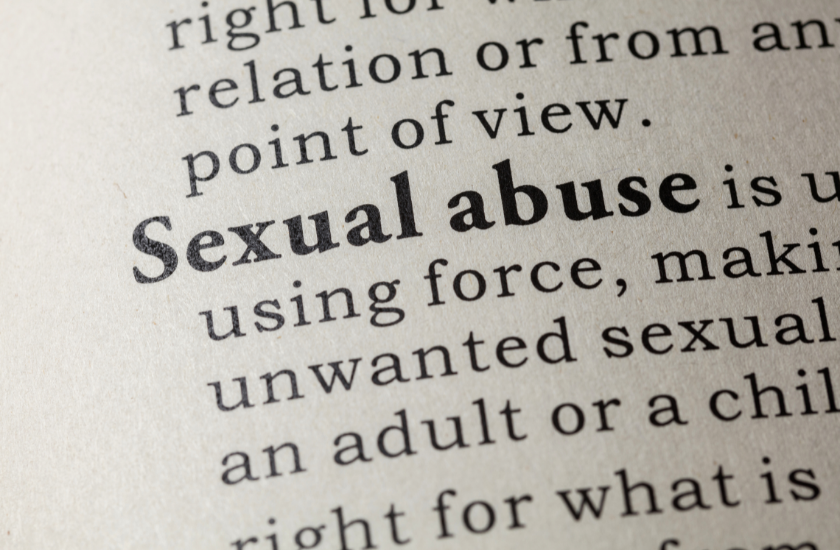
Movies, printed media, and access to porn all play a part in the causes of agraphobiaamongchildren and teenagers.
Children and teenagers constantly hearing or seeing stories related to sexual abuse is a major contributing factor in them developing agraphobia.
The symptoms of Agraphobia
Aside from the mental symptoms, an adult phobic will go to great lengths to avoid what others might think of as being normal physical behavior of a couple in a serious romantic relationship.
Among adults, this illogical fear of an intimate activity inevitably results in a reduced frequency of consensual sex leading to a possible increase of abusive sex in the relationship.
Read more about best relationship red flags here.
Children and teenagers will show their fears by going to great lengths to avoid being in the company of specific adults.
This misunderstood behavior is the cause of much family friction, especially if the abuser is a relative or family friend.
In severe cases, those with agraphobia or contreltophobia may experience any number of the following physical symptoms:-
- Rapid shallow breathing.
- Trembling or shaking.
- Tightness in the chest.
- Shortness of breath.
- Excessive sweating.
- Increased heart rate.
- Uncontrolled crying.
- Nausea or vomiting.
Very severe cases of these symptoms often result in a full-blown panic attack.
Those who constantly experience panic attacks can develop depression.
Depression eventually can lead to psychiatric treatment and or hospitalization.
As a parent with a pre-pubescent child, look for the visible warning flags.
- Bedwetting.
- Constantly tearful or crying.
- Lack of interest in anything that was previously enjoyable or exciting to do.
- Avoiding friends and family.
- A noticeable drop in grades at school.
Treating Agraphobia in young children
If you identify any of these signs, approach your child and ask him if there is anything worrying them and would they like to talk about it.
Make sure they understand that you are sure they have done nothing wrong and they are not in any kind of trouble.
Let them know if they are not ready to tell you about it they can write you a letter or draw a picture for you.
If you can get them to do that, you respond to their letter by writing a letter to them.
Keep the letters going between you until the child says he or she is ready to talk to you, don’t pressure them in any way.
Let it be their decision to talk, not yours.
The intent is to get the child to talk and vent his feelings.
If all else fails, seek professional help.
Do not let the child’s condition go untreated.

Treating a Teenager or Young Adult with agrephobia
Here, the signals that your teenage son or daughter has been sexually abused are likely to be more pronounced.
They will be angry, frustrated, embarrassed, and want to be left alone. They may even be signs of drug abuse
You have to get them to talk. Go for walks together. Go for a drink together.
Get them to talk. Once they admit they have been sexually abused, suggest a self-help option to treat agraphobia and irrational thoughts.
These self-help treatment methods can vary between:-
- Meditation – getting into a meditative state is excellent for calming the mind.
- A thought diary – keeping a record of their feelings daily.
- Group discussions.
- Positive visualization.
- Hypnosis.
- A daily workout – exercising is excellent for relieving stress and frustration.
If none of this works, then seek professional help.
The worst thing you can do is to do nothing, and the abuse is left untreated.
This results in a panic disorder requiring anti-anxiety drugs as treatment.
Not all Agraphobics have been sexually abused
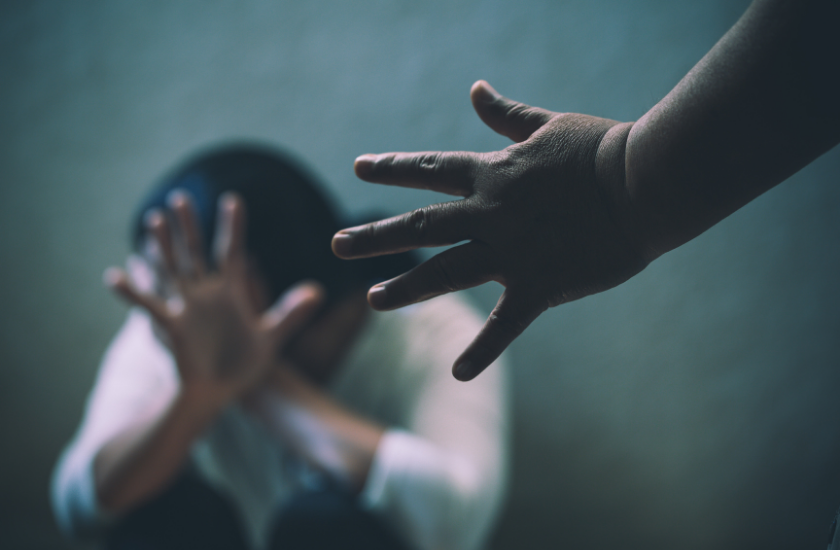
Learned Response
Phobia can manifest as learned responses.
If a child gets told often enough that spiders are dangerous, that child will soon build up a lifelong irrational fear of all spiders, even the harmless ones. (arachnophobia- a fear of spiders).
Good Touching and Bad Touching
Today, stemming from excessive worry, many parents will teach their children, especially their daughters, about ‘good touching’ and ‘bad touching. It is even taught in schools.
Hear it often enough, and a child with immature coping skills will soon develop a specific fear or Phobia related to any touching, be it out of kindness or not.
It may be a family friend wanting to help them down out of a tree or give them one last push on the garden swing, or a stranger innocently taking their hand to help them cross a busy road.
As a result of the child’s excessive fear, they misinterpret these acts of kindness and create an unpleasant situation where previously none existed.
Many parents consider that any touching or close contact by a non-parent adult, excluding teachers, should be classified as ‘abusive, ‘and when disciplining their child for allowing a stranger to take their hand when crossing a busy street, they enforce the idea that even a simple acts of kindness by an adult has the potential to lead to sexual abuse at a later stage,
Over time, if left untreated, sensitive children develop anxiety disorders that seriously jeopardize their chances of normal intimate and romantic relationships later in their adult lives.
Conclusion.
There is no specific treatment to cure Agraphobia.
The treatment options we have, can at best help to relieve the symptoms of agraphopbia. These treatments vary between cognitive behavioral therapy and psychotropic medications.
Exposure therapy is another commonly employed therapy wherein the patient, over the duration of the treatment is exposed to their phobia for short periods of time, and in this way gradually comes to accept those specific situations pose no danger to them and they have no rational reason to fear for their safety.
Q & A
Is sexual abuse and domestic abuse the same thing?
No. Sexual abuse is any non-consensual sexual activity such as rape, child sexual abuse, or sexual harassment. It can also be both verbal and physical. Domestic abuse can be physical, emotional, psychological, or financial. It generally takes place within a close relationship ie partners living together, or family members.
Can sexual abuse trigger early puberty?
Yes. Sexually abused girls reach puberty before their peers.
Can sexual abuse make you hypersexual?
Sexual abuse at any age may predict hypersexuality. However, the association is stronger in men who have experienced sexual abuse earlier in the lives
What’s the difference between agoraphobia and agraphobia?
Will agoraphobia treatment work for my agraphobia?
Is agraphobia considered part of irrational fears?
Will antidepressant drugs work for my agraphobia?
Can you prevent agraphobia?
Will mindfulness meditation help my agraphobia?
The post Agraphobia: – A Fear of Sexual Abuse first appeared on UltiBlog.
* This article was originally published here
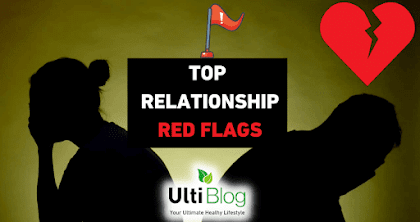
Comments
Post a Comment